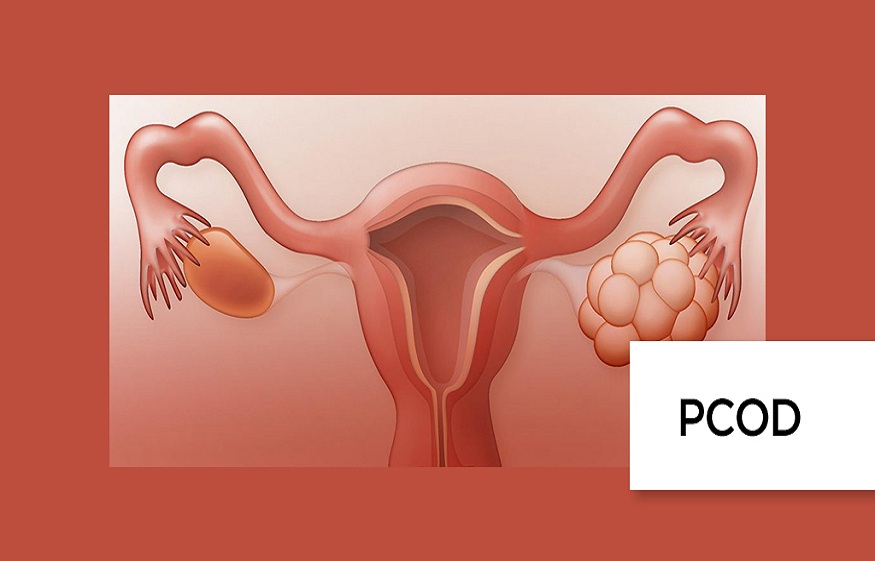People often think that polycystic ovary syndrome (PCOS) and polycystic ovarian disease (PCOD) are the same. However, they are not.
PCOD is a condition marked by the ovaries releasing too many partially mature or immature eggs. These finally turn into cysts. Some of the usual signs are irregular periods, infertility, abdominal weight gain and male pattern hair loss. The ovaries get enlarged and release lots of androgens that can affect a woman’s fertility and body. Treatment is usually aimed at lowering the severity of the symptoms. For instance, it includes dietary suggestions like foods to avoid during PCOD and pregnancy.
On the other hand, PCOS involves a higher production of androgen by the ovaries. This affects the development and release of eggs. Some of them turn into cysts, small sacs of fluid. Rather than being released during ovulation, the cysts develop in the ovaries and sometimes, also get enlarged.
Here is more about the differences between PCOD and PCOS.
What are the Differences Between PCOS and PCOD?
There are various factors based on which Polycystic Ovary Syndrome differs from Polycystic Ovarian Disorder. Here are the points of difference between them:
Nature of the condition: PCOS is a metabolic condition. PCOD is not regarded as a serious condition as it can be managed with a guided diet and regular exercise.
Occurrence:Polycystic Ovarian Disease has a higher occurrence than Polycystic Ovary Syndrome. Nearly one-third of women in the world suffer from PCOD. PCOS affects fewer women.
Impact on Pregnancy: PCOD doesn’t cause infertility in every woman and is often not a hindrance to pregnancy. In 80% of cases, women with PCOD can conceive with some assistance and experience an undisturbed pregnancy. For that, they can simply avoid foods during pregnancy, as recommended.
Women suffering from PCOS can find conception a problem because of hormonal imbalances. To conceive, you must have regulated hormonal cycles to create an environment where the ovum can be released. Then it will be infused with the sperm after intercourse. As the levels of androgen in PCOS are high, conception can become difficult for someone who has PCOS. Even if you get pregnant, you need to avoid some fruits during pregnancy to stay safe.
Similarities Between PCOS and PCOD
There are not only differences between PCOS and PCOD but also a few similarities. Both occur in women and, in a way, affect their ovaries. Genetics and hormonal irregularities play a crucial role in both conditions. On one hand, increased levels of androgens check ovaries from releasing hormones and eggs normally. On the other hand, inflammation and insulin resistance have also been associated with high levels of male hormones.
It is important to maintain good health to prevent and treat these hormonal irregularities and conditions. The primary treatment for the conditions includes diagnosis and following the instructions and recommendations of the doctor to manage the condition and try to have a successful conception. If you have irregular periods or any other discussed symptoms, visit a reputed maternity hospital for prompt diagnosis and treatment.

